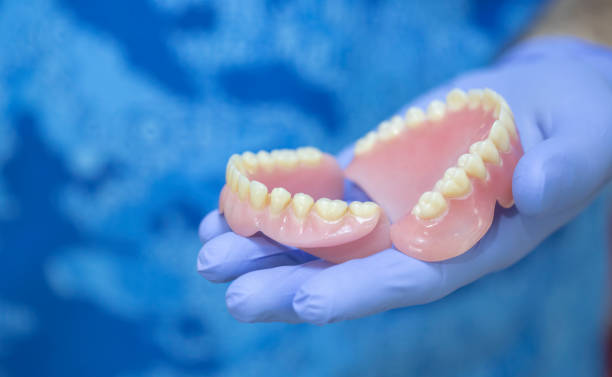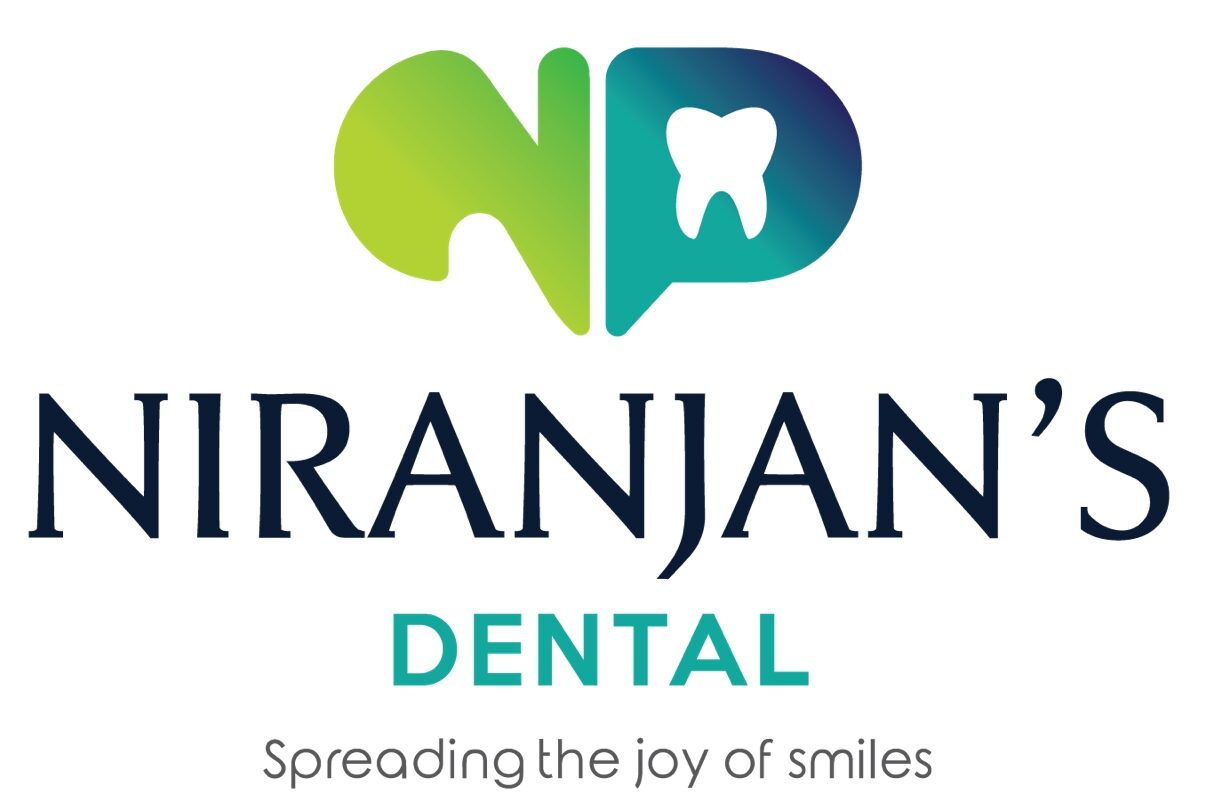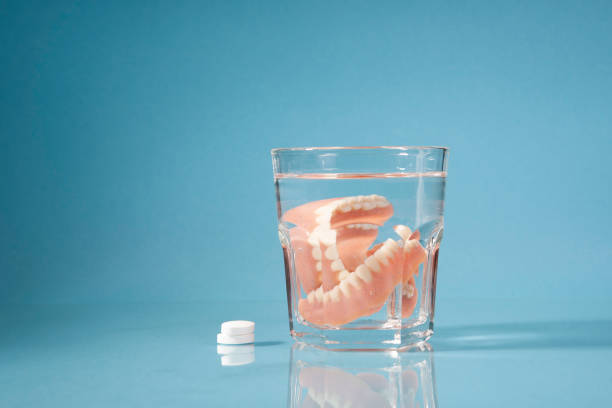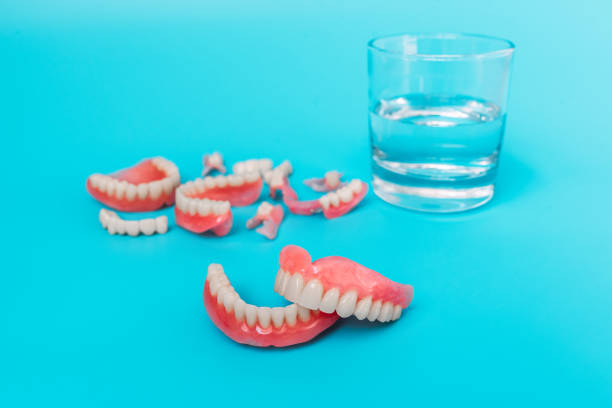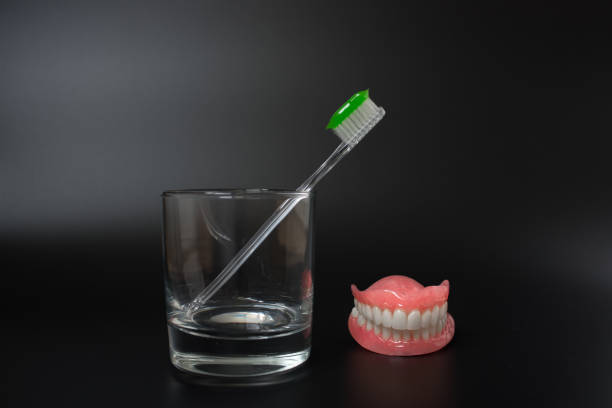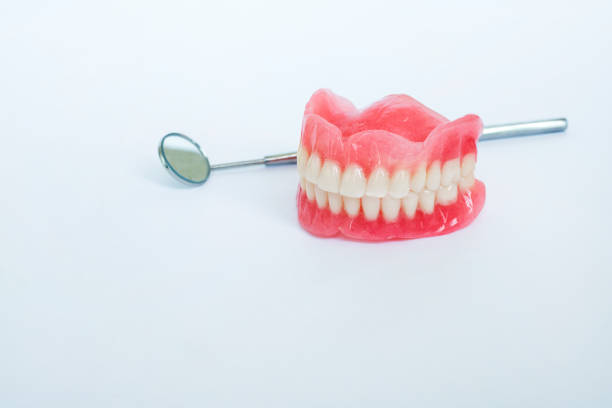Dentures
Dentures are removable dental prostheses that are used to replace missing teeth and their surrounding tissues. They are custom-made to fit snugly in the patient’s mouth, allowing them to eat, speak and smile confidently.
Dentures have been around for centuries, with the earliest known dentures dating back to ancient civilizations such as the Etruscans and the Egyptians. Over time, dentures have evolved to become more comfortable, durable and natural-looking.
